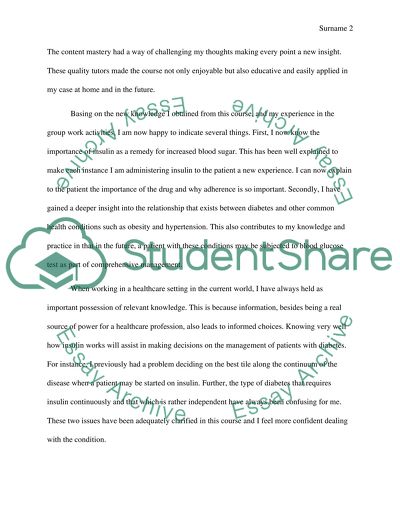Cite this document
(Diabetes Management Essay Example | Topics and Well Written Essays - 1500 words, n.d.)
Diabetes Management Essay Example | Topics and Well Written Essays - 1500 words. Retrieved from https://studentshare.org/nursing/1685278-reflective-writing-an-essay-about-my-coarse
Diabetes Management Essay Example | Topics and Well Written Essays - 1500 words. Retrieved from https://studentshare.org/nursing/1685278-reflective-writing-an-essay-about-my-coarse
(Diabetes Management Essay Example | Topics and Well Written Essays - 1500 Words)
Diabetes Management Essay Example | Topics and Well Written Essays - 1500 Words. https://studentshare.org/nursing/1685278-reflective-writing-an-essay-about-my-coarse.
Diabetes Management Essay Example | Topics and Well Written Essays - 1500 Words. https://studentshare.org/nursing/1685278-reflective-writing-an-essay-about-my-coarse.
“Diabetes Management Essay Example | Topics and Well Written Essays - 1500 Words”, n.d. https://studentshare.org/nursing/1685278-reflective-writing-an-essay-about-my-coarse.


